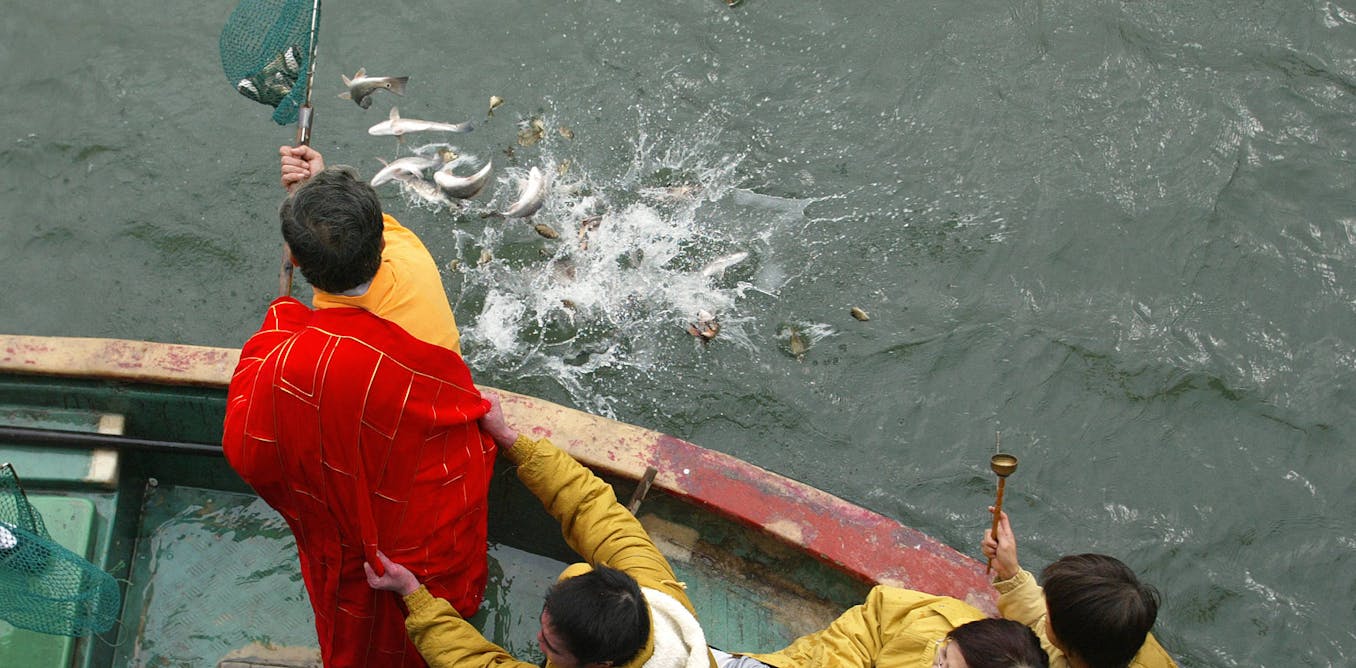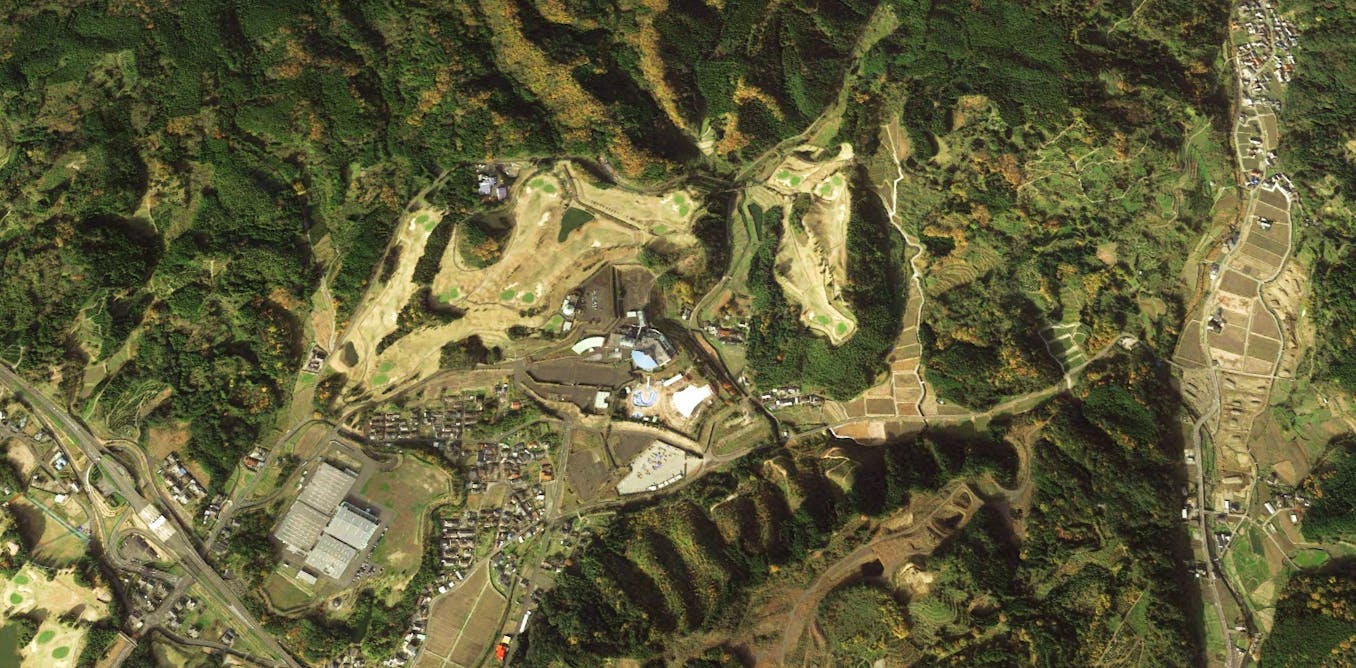Conservatives notch 2 victories in their fight to deny Planned Parenthood federal funding through Medicaid
A provision in the big legislative package and a related Supreme Court ruling mark the culmination of a strategy to defund the health care provider that was in full swing by 2007.
yesterday • ~8 min








